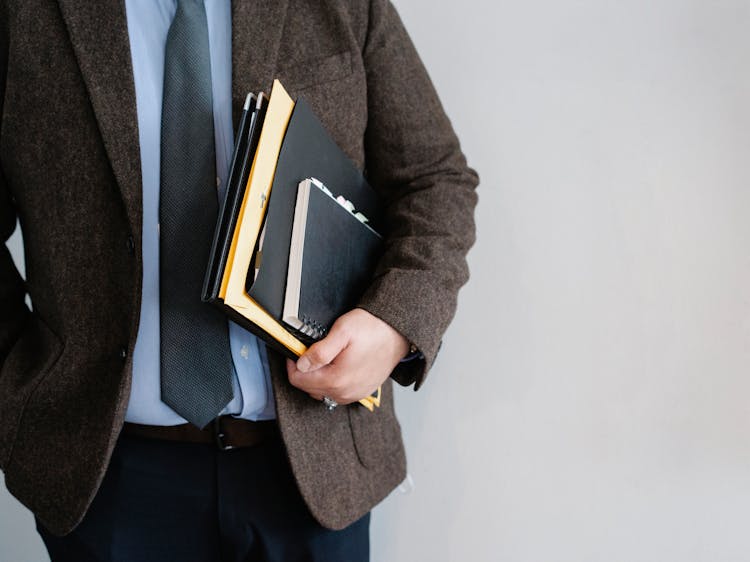Have you ever been injured on someone else’s property? Maybe you slipped on a wet floor at a grocery store or tripped on a broken sidewalk. If so, you might have a premises liability case. But what exactly is premises liability, and when should you consider seeking legal help from a premises liability attorney or lawyer (the terms are interchangeable)? This blog post will be your one-stop guide, untangling the legal jargon and empowering you to make informed decisions.
Understanding Premise Liability: A Legal Duty of Care
Premises liability boils down to a fundamental legal principle: property owners are responsible for maintaining a safe environment for visitors. In some situations, this duty of care extends to anyone lawfully on the property, including customers, invitees, and even trespassers. The specific legal standards can vary depending on your location, but generally, property owners must:
- Maintain their premises in a reasonably safe condition. This includes fixing hazards like broken stairs, uneven flooring, or malfunctioning lighting.
- Warn visitors about any hidden dangers. For example, if there’s a freshly mopped floor, there should be proper signage to alert people.
- Provide adequate security. This might involve deterring criminal activity or ensuring a safe building perimeter.
Types of Premise Liability Accidents
Premises liability accidents can encompass a broad range of incidents. Here are some common examples:
- Slip and Fall Accidents: These are the most frequent premises liability cases. Wet floors, uneven surfaces, and spilled substances can all lead to slip and fall injuries, sometimes resulting in broken bones, head trauma, and spinal cord damage.
- Negligent Security: If a property owner fails to provide adequate security, and you’re subsequently assaulted or robbed, you might have a premises liability claim. This could apply to malfunctioning security cameras, inadequate lighting in parking lots, or a lack of security personnel in high-risk areas.
- Swimming Pool Accidents: Pool owners have a heightened duty of care, especially regarding children. Fenced enclosures, pool alarms, and proper signage regarding pool depth are all crucial safety measures.
- Dog Bites: Dog owners have a responsibility to control their pets. If you’re bitten by a dog on someone else’s property, you might have a premises liability claim.
- Falling Merchandise: Improperly stacked shelves or overloaded displays in retail stores can topple over, causing customer injuries.
Determining Liability: The Key Factors
Not all accidents on someone else’s property automatically translate into a successful premises liability claim. To establish liability, several factors come into play:
The Status of the Visitor: Property owners owe the highest duty of care to invitees, those expressly or implicitly invited onto the property. This includes customers in a store or guests in a home. The duty owed to licensees (like delivery personnel) and trespassers is more limited.
The Property Owner’s Knowledge of the Hazard: The owner must have either known about the dangerous condition or should have reasonably known about it through proper inspection and maintenance.
The Reasonableness of the Visitor’s Actions: If a visitor acts in a way that contributes to their injury, it could impact the claim. For instance, someone who ignores a “wet floor” sign might have a diminished case.
The Role of a Premises Liability Attorney
Premises liability cases can be complex, and navigating the legal landscape alone can be daunting. Here’s how a qualified premises liability attorney can be your advocate:
Investigating the Accident: They’ll gather evidence, including witness statements, police reports, and security camera footage, to build a strong case.
Understanding Complexities: Premises liability laws can be intricate, and an attorney can ensure your rights are protected throughout the process.
Negotiating with Insurance Companies: Insurance companies representing property owners often try to minimize claims. An attorney can negotiate to secure fair compensation for your injuries.
Representing You in Court: If a settlement can’t be reached, your attorney will represent you and fight for the compensation you deserve.
Finding the Right Premises Liability Attorney
When searching for a premises liability attorney, consider these factors:
- Experience: Look for an attorney with a proven track record of handling premises liability cases.
- Resources: The attorney should have access to the resources required to investigate your claim thoroughly.
- Communication Style: Ensure you feel comfortable and confident communicating openly with your attorney.
Taking the Next Step
If you’ve been injured on someone else’s property, don’t hesitate to seek legal counsel. A premises liability attorney
